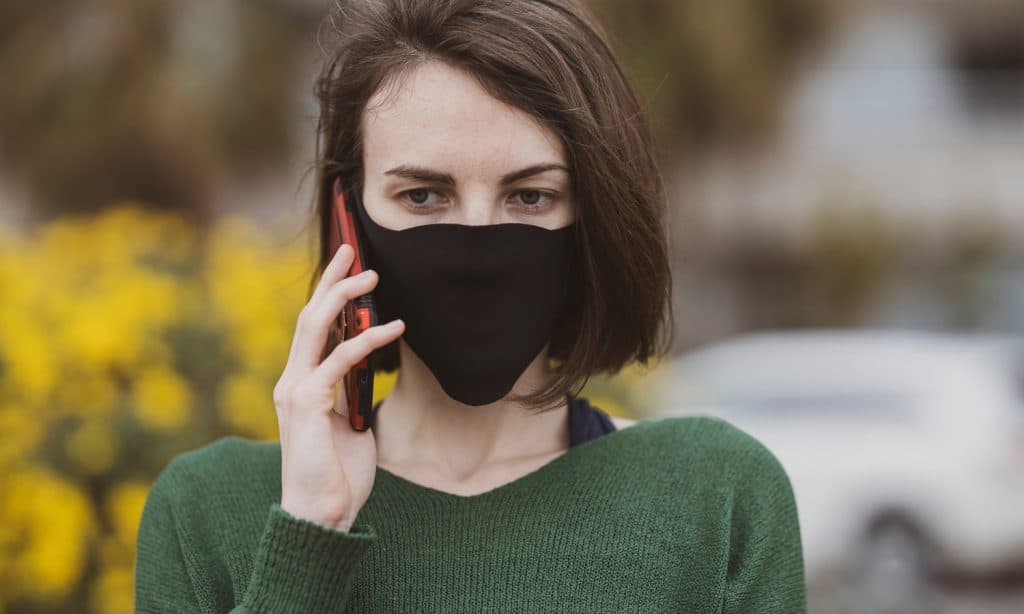In partnership with The Fresh Toast
The CDC recently updated their guidelines confirming that COVID-19 is airborne. Here’s what that means for you.
We now know a little more about how the coronavirus is spread, and it’s worse than we thought. On Monday, the Centers for Disease Control released an update that states COVID-19 can spread through aerosolized particles. This means that virus particles can linger in the air for minutes to hours and can travel further than 6-feet.
This knowledge challenges our previously held beliefs, which consisted of the transmission of the virus through respiratory droplets. Before we dive into what this new knowledge means for our safety, it’s important to understand the differences between respiratory droplets and aerosol particles.
CNBC reports that aerosol particles are smaller than the droplets released by coughs, sneezing and talking. These particles can travel further distances and can linger in the air, making the virus airborne, able to be inhaled by people who are walking or hanging out in an infected place.
RELATED: Will Boosting Your Immunity Protect You From COVID?
Aerosolized particles can accumulate over time in one place, particularly in a space that’s poorly ventilated and indoors. If someone with the virus was breathing heavily in one spot, say at the gym, or singing for long periods of time and expelling particles, the virus could then be picked up by others who were to pass through the area. To protect yourself against these scenarios, be sure to limit the amount of time you spend indoors, particularly in places where others can linger.

According to experts, the best way to prevent the spread of the virus is to continue to use masks and follow social distancing guidelines, telling NPR that “people should be wearing a mask whenever they are indoors with people outside of their household pod – even if they are standing more than 6-feet apart, or even in a situation where a plexiglass barrier is in place.”
RELATED: New Research Shows How Women Are Coping With The Pandemic
While face masks aren’t able to protect you against aerosolized particles, you should still wear them since they might reduce the viral load you inhale. It’s also important to use your windows and be diligent with who you meet up with. If this news scares you, you can utilize air purifiers in order to get rid of contaminants and stay up to date with the latest news from experts and the CDC.
Read more on The Fresh Toast
Advertising disclosure: We may receive compensation for some of the links in our stories. Thank you for supporting Irvine Weekly and our advertisers.

